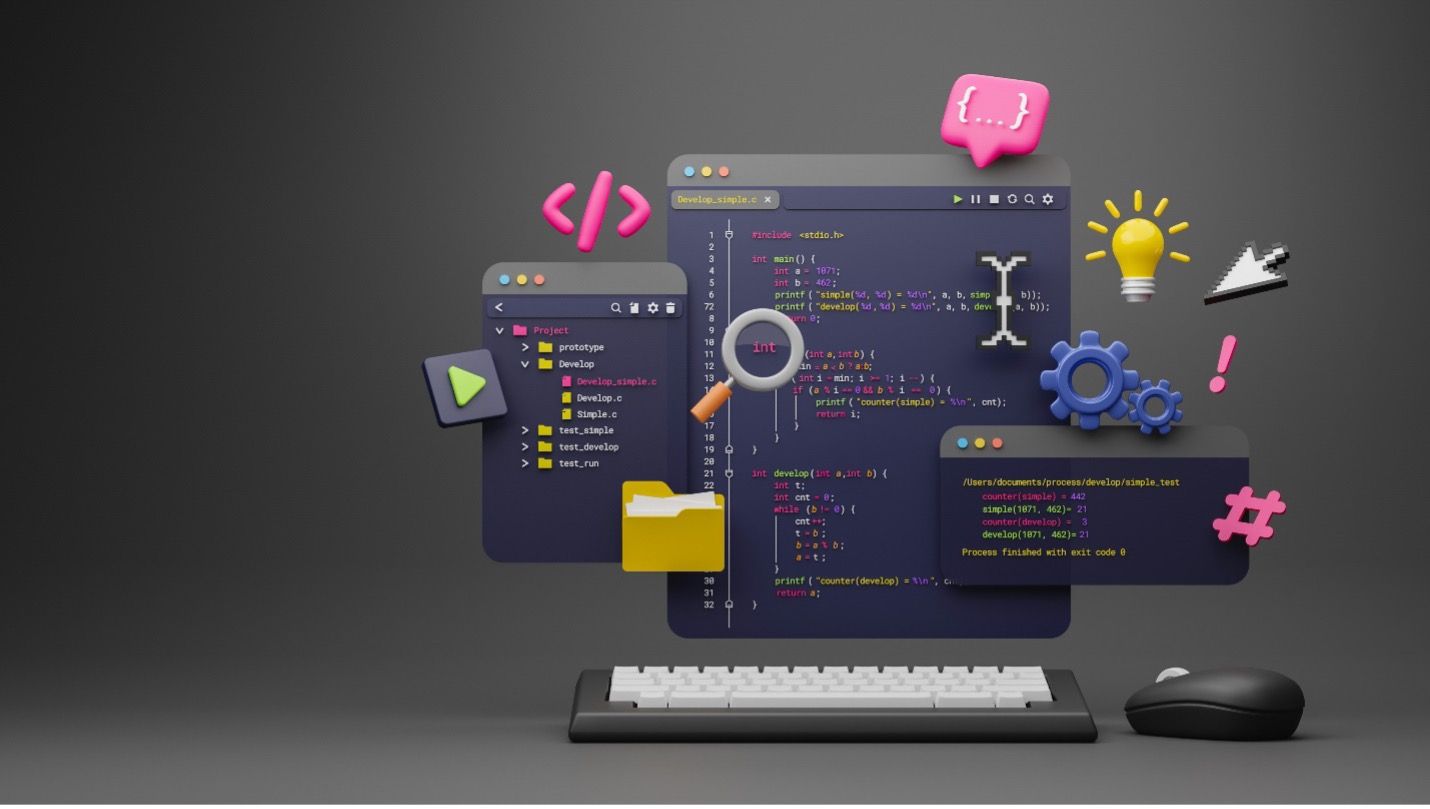
The tech industry is often sold to second-career professionals as a place of opportunity. It is an industry with high salaries, challenging problems, an excellent work-life balance, and plenty of potential to grow. This is all great, but what if you want to spend more time pursuing other passions?
Software engineering may be a good, supportive option if you love your job or have a passion you want to explore but can’t do as a full-time job. But how can pursuing a career in software engineering support your non-tech passion?
Software Engineering Isn’t Just for Computer Science Graduates
A career as a software engineer is attractive to a second-career job seeker because of its accessibility. Many companies such as Google, Bank of America, and General Motors have waived their requirement of job applicants needing a bachelor of science in computer science to apply for a job. Instead, there has been an explosion of bootcamp and self-taught software engineers.
In Stack Overflow’s 2022 Developer Survey, it was found that only 62.18% of respondents were using traditional schools (university or college) to learn how to code. The most popular way to learn how to code was through online resources like courses, videos, and blogs. These resources were used by over 70% of survey takers to learn or continue to learn to code.
For second-career workers looking to switch industries, no industry is more approachable than tech. Without the requirement of 4 years of college and student loans, workers feel empowered to learn software development and get a tech job, even if tech isn’t their true passion.
There are many different ways to support or supplement a passion through tech. The perks of software engineering, and tech in general, are conducive to enjoying life and chasing passions outside of code. Let us examine different passion paths becoming a software engineer can afford you.
A Passion for Design

Professionals who had a first career in a discipline like architecture, graphic design, music, or any art may need help supporting the work they may want to do. However, the creative energy that fuels these interests overlaps with careers like front-end engineering or UX / UI development.
These careers focus on technical implementation and design considerations and offer a fantastic outlet or professional opportunity. Through freelance sites like Upwork or Fiverr, you can find a steady stream of clients looking to have new websites designed or existing designs turned into pixel-perfect websites and apps.
The income from these contracts or gigs should more than supplement someone trying to become successful in music or the arts. A study by Payscale found that the average base hourly rate for software engineering contractors was $57. This is pretty good money to allow you to focus on a passion project or skill development.
A Passion for Travel

Who doesn’t love to travel? For many people, travel is a brief escape from the day-to-day, but others see it as essential to living a fulfilling life. Software engineering is one of the most supportive industries for those looking to travel due to the work-life balance, but more importantly, the opportunity to work remotely.
A recent post from the tech staffing agency Dice found that nearly 85% of software engineers had hybrid or fully remote jobs in 2022. While some companies require remote and hybrid workers to work within the United States, many companies do not have this kind of restriction.
The ability to work remotely has led to an explosion of digital nomads: workers who can work from a computer anywhere in the world. A 2023 survey found a staggering 16.9 million American workers claimed to be digital nomads, with over a fifth working in information and technology.
Being able to do remote work anywhere in the world has been proven successful. Software engineering and IT professionals are the most likely to take advantage of this work lifecycle. If you are interested in software development and are passionate about travel, software engineering would be a great option.
A Passion that Needs Non-Traditional Hours

Maybe your passion falls into a different bucket, where you have to be available to work specific hours of the day, but it doesn’t support you financially. Some people work as landscape developers, car mechanics, and primary caregivers who supplement their income with software development work. Software engineering is a way for them to increase earnings, but also have the flexibility to work around their hours of operation, namely during the day.
This can also apply to people running small businesses, creating art, teaching lessons, or performing home repairs. The list of potential passions that require non-traditional working hours is endless. The need for flexibility in scheduling work is consistent. Tech, especially software engineering, affords workers an excellent work-life balance. This work-life balance allows workers the flexibility to work other part-time or day jobs and make the most of their extra hours to pick up lucrative contracts and work.
Get the Skills to Support Your Passion
If you believe software engineering is an option to support your life’s passion, you must develop the skills to code. Learning to code can be difficult, especially when figuring out where to start. Thinkful solves that problem with their 5-month software engineering bootcamp. In this bootcamp, you will learn everything you need to get a remote job, do contract work, and even build your business’s websites and apps.

